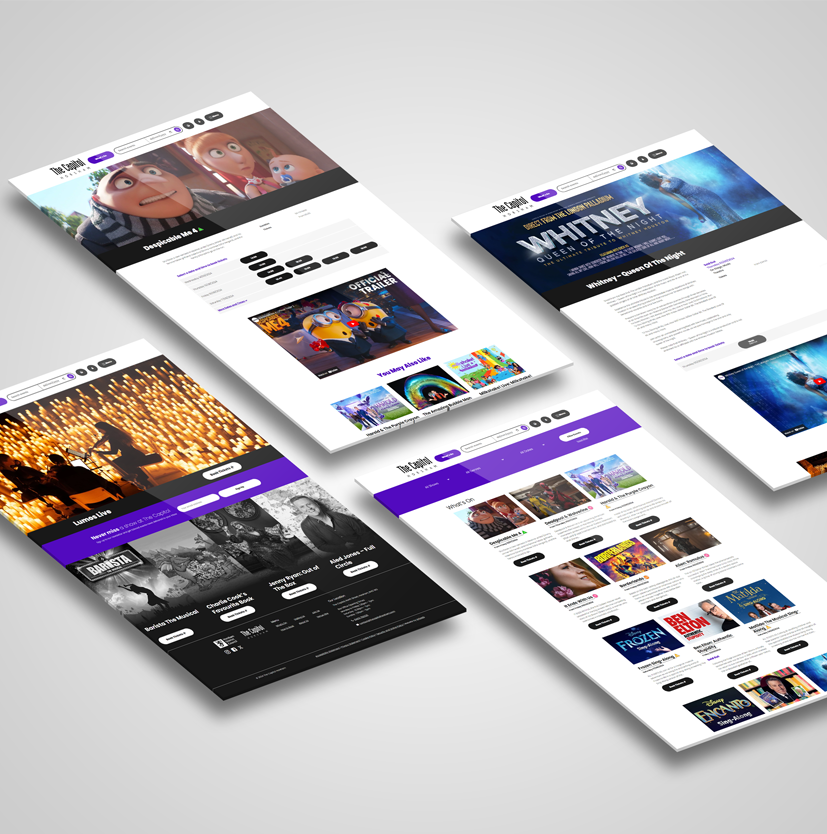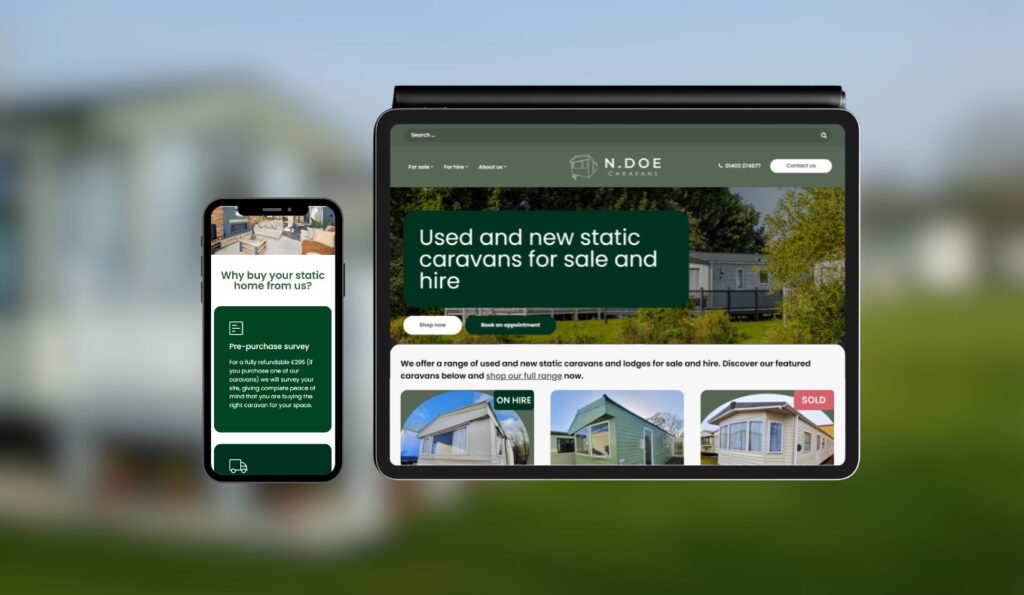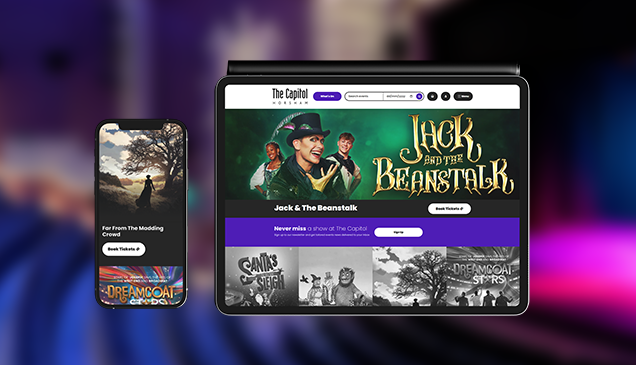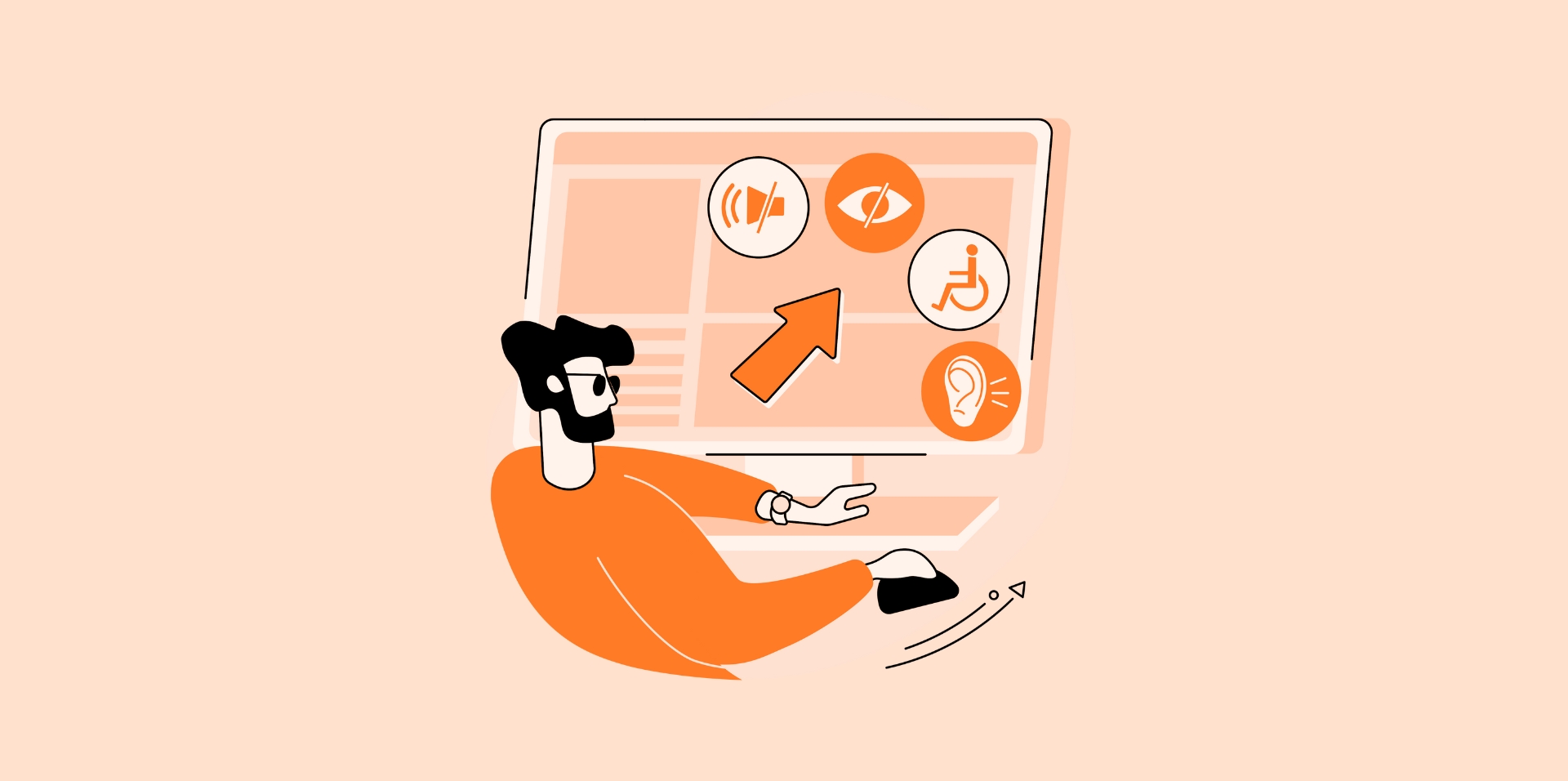Web accessibility services
One in four people are disabled and some disabled people use the internet with adaptable devices, and use assistive technology on their devices. It is crucial to ensure that all users are able to access your website, even if they are not directly your target audience.

Web accessibility for your business
It is estimated that the ‘purple pound’, the spending power of disabled people, is worth £249 billion a year.
As 52.6% of disabled people work (according to the Government Office of National Statistics), it is entirely possible that a decision maker or business owner is disabled and will be motivated by an accessible website.
While web accessibility is beneficial to disabled users, it is also beneficial for your business. An accessible website can help build your brand by reaching a larger audience, as well as improving your overall SEO profile and usability. In some cases it may even lower the risk of legal complications.
Our web accessibility services
We offer a range of services to support your accessibility goals.
All our developers are trained in developing accessible websites, and our experienced digital marketing team are specialists in creating accessible content and conducting audits on existing content.
Our services include:
- Accessibility audits
- Building accessible WordPress websites
- Designing accessible web pages
- Writing accessible content
- Providing accessibility training
Accessibility strengthening your brand
Pitching your business as a disability-confident and accessible business is a great message for your customers, because it demonstrates to them that you care about more than your bottom line.
Corporate Social Responsibility is a crucial part of business practice, and many businesses demonstrate that they are environmentally friendly and they care about equality. The next step is considering web accessibility.

Accessibility and SEO
Accessibility and SEO go hand in hand. SEO best practice is also accessibility best practice. From short, descriptive paragraphs to alt text, it’s clear that Google prioritises accessibility for its users.
SEO-focused copywriting is often simple, short, and to the point. This improves web accessibility by enabling anybody, regardless of intellectual disability, mental capacity, or education, to access the information on web pages. For instance, the average reading age of an adult in the UK is that of a 9 year old, which means that regardless of disability or capability, it is important to keep your web pages accessible.
In order to measure web accessibility, we comply with WCAG 2.1 AA.
The Four Principles of WCAG 2.2
The Web Content Accessibility Guidelines (WCAG) are based on the Four Principles of Accessibility.
Perceivable
The information is presented in different ways so that it can be perceived by everyone (i.e. a blind person can perceive an image through alt text).
Operable
The website’s functionality is navigable and accessible to all users (i.e. keyboard-only users can still access the whole site).
Understandable
The information and functionality is understandable to all users (i.e. jargon is avoided so people with cognitive disabilities can understand the information).
Robust
The content can be accessed by a wide variety of assistive technologies and third-party software (i.e. a screen reader can parse the information and relay it to the user as it was intended).
How can britweb help?
All our staff have undergone accessibility training, and are passionate about creating accessible websites.
We are practiced with using assistive technology, manually assessing a website, designing accessible and beautiful websites, and consulting on any project, from beginning to end.
We’re also able to conduct an accessibility audit using both automatic and manual testing to rigorously assess for web accessibility while adhering to the guidelines. This audit will allow us to give feedback on how to retroactively make your website accessible.
We’ve also worked closely with councils and council-run businesses to build their new WordPress websites with accessibility first and futureproofing the site to ensure that it will always comply with the latest regulations.
Case studies

N Doe Caravans
Accessibility, Web design, Web development

The Capitol Horsham
Accessibility, Web design, Web development
What our clients think
Accessibility Articles

Top Web Accessibility Tips
